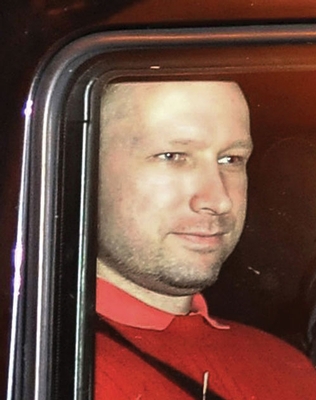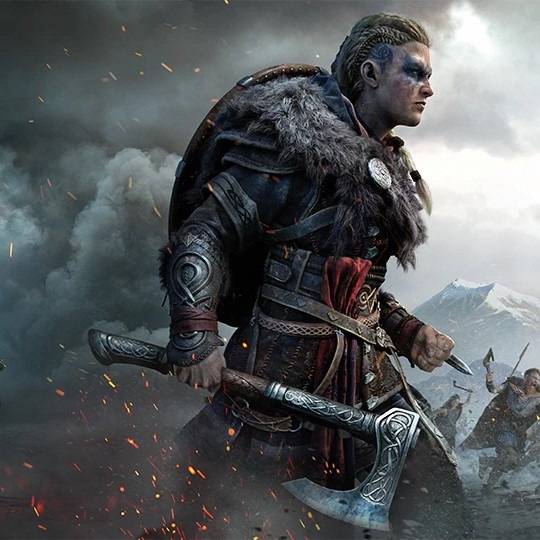
Both jihadists and Breivik seem to be driven not so much by political ideology as by a desperate and perverted search for identity, a search shaped by a sense of cultural paranoia, a cloying self-pity and a claustrophobic victimhood. Islamists want to resurrect an “authentic” Islam that never existed in the first place and to enforce that identity upon all Muslims. Breivik similarly wants to establish an authentically Christian Europe that has never existed, swept clean of Muslim pollution. His use of the red cross symbol of the Knights Templar suggests a Christianity learnt from the pages of Dan Brown.
All this makes ironic Breivik’s assault on multiculturalism. Multiculturalism has in recent years come to have two meanings that are all too rarely distinguished. It refers to a society made diverse by mass immigration. It also refers to the political policies necessary to manage such diversity. The problem with such policies is that by forcing people into ethnic and cultural boxes, they undermine much of what is valuable about diversity and weaken the idea of a common citizenship.
I have long been a defender of diversity but a critic of multiculturalism. Breivik, on the other hand, opposes diversity precisely because he wants to put people into cultural boxes. The irony is that for all his hatred of multiculturalism, Breivik’s belief in the “clash of civilisations” draws upon notions of cultural difference and identity not that estranged from those that animate many multicultural policies. In this, too, he reveals his similarity to Islamist jihadists.
Perhaps the most important similarity between Breivik and jihadists is that both despise the idea of an open, liberal society, shaped by debate, dialogue and the clash of diverse values and beliefs and amenable to change. That is why it is important not to listen to the growing chorus of voices that suggest that the key lesson to be learnt from Breivik’s terror is that Norway has become too open, too liberal and too tolerant a nation, too slack in its security, too unprepared for horrors such as this.
Over the past ten years, the response to Islamic jihadism in Britain, America and elsewhere has been shaped by a sense of fear and panic that has made it far easier for the authorities to increase surveillance, extend police powers and erode free speech. The war on terror has led to such abominations as Guantanamo Bay, “extraordinary rendition” and torture. In trampling on fundamental liberties in this fashion Western leaders have in effect done the terrorists’ work for them.
The same must not be allowed to happen in response to Breivik. Just as the Right has stoked up fears about the “Muslim takeover” of the West and about the creation of “Eurabia”, so many on the left are now promoting alarm about a neo-fascist network intent on sowing terror. There is, in fact, no evidence that Breivik was part of any conspiracy involving neo-fascist groups. Nor is there even much evidence that attacks such as Breivik’s are linked to the strength of far-right ideology. We need to challenge neo-fascism and anti-Muslim bigotry, just as we need to challenge Islamism. But in both cases we also need to keep a sense of perspective about the nature of the threat.
This is an edited version of an article first published in the Norwegian newspaper Bergens Tidende

